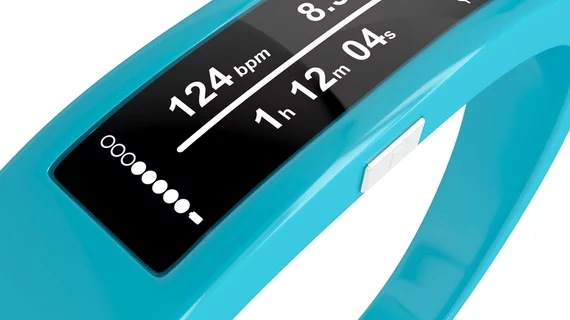Cardiogram app, Garmin wearable devices now compatible
Garmin wearable devices are now compatible with the Cardiogram heart health app, according to a company release Monday, Aug. 13
The app provides advanced insight based on data from wearable devices and helps users understand how activity and sleep affect their overall health, according to a press release.
"Partnering with the department of cardiology at the University of California, San Francisco, Cardiogram has combined data from optical heart rate sensors and DeepHeart, an artificial intelligence-based algorithm developed by Cardiogram, to detect major health conditions," the press release said.
Cardiogram co-founder Johnson Hsieh said the integration allows the app to have access to a "wide array of metrics."
“Many users have asked Cardiogram to support Garmin wearables. By directly integrating through the Garmin Health API, Cardiogram has access to the wide array of advanced metrics these devices generate,” Hsieh said in the release. “Garmin devices are great because they give us high-resolution, accurate data and the higher resolution, the more accurate DeepHeart can become.”

